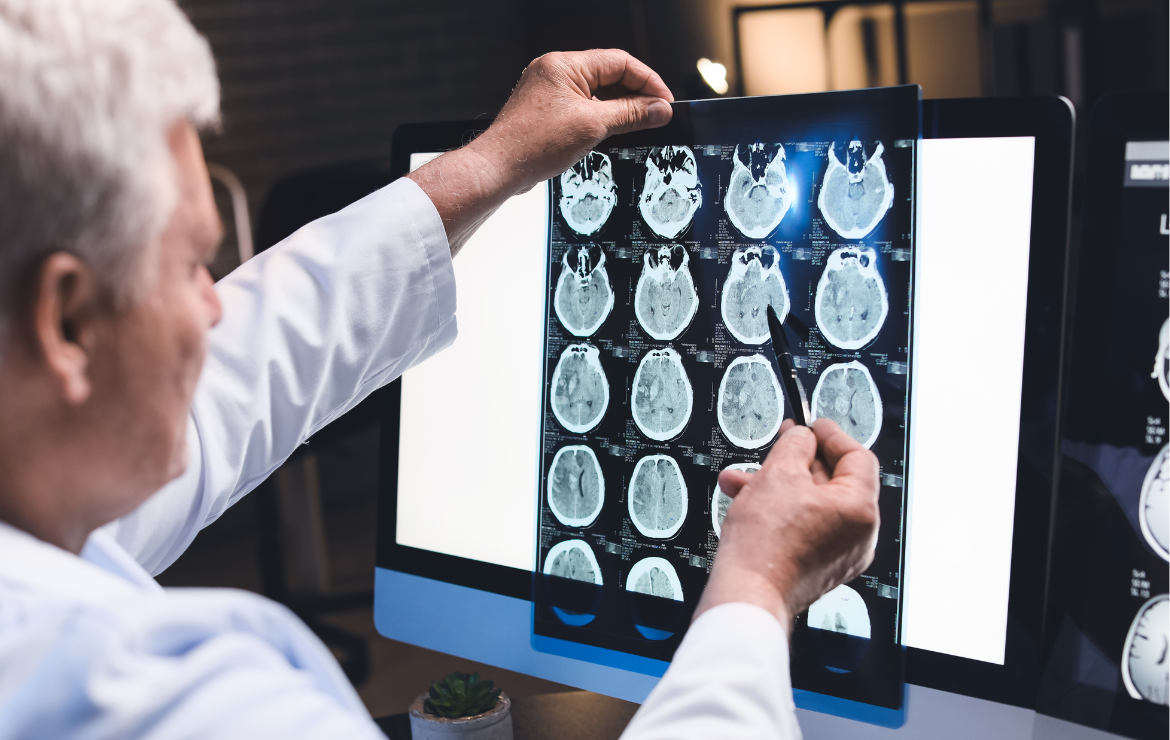Why Pre-Existing PTSD Symptoms May Be Intensified After a Concussion

The Brain-Body Connection
Why This Happens
- Neurological Vulnerability: PTSD alters brain function, particularly in regions like the amygdala (fear response), hippocampus (memory), and prefrontal cortex (decision-making). A concussion may impair these areas further, worsening emotional dysregulation and cognitive difficulties.
- Inflammatory Response: Brain injuries trigger inflammation, which can affect neurotransmitter activity and further destabilize mood and stress response mechanisms—already fragile in PTSD patients.
- Sensory Overload: After a concussion, patients often struggle with sensitivity to light, noise, and other stimuli. For someone with PTSD, this sensory overload can mimic the hyperarousal state they are already managing, compounding symptoms.
- Cognitive Load: Concussions can impair concentration and memory, increasing frustration and emotional lability. This cognitive decline may make it harder for individuals with PTSD to use learned coping strategies, leading to increased emotional distress.
Implications for Case Management
For claims adjusters and nurse case managers, it’s essential to recognize that a worker with pre-existing PTSD may require a more tailored recovery plan following a brain injury. Standard concussion protocols may not address the full scope of psychological impact. Early psychological assessment, collaborative care with mental health professionals, and realistic return-to-work timelines are crucial in these complex cases.
Prevalence of PTSD After TBI: Up to 27% of individuals who suffer a traumatic brain injury (TBI) go on to develop PTSD, even if they had no prior history.
PTSD and Concussion Overlap: In mild TBI (concussion) cases, over 30% of patients report persistent emotional and cognitive symptoms beyond the typical recovery period—many of which overlap with PTSD.
Comorbidity: Among those with pre-existing PTSD who experience a concussion, studies show a significant increase in symptom severity and prolonged recovery times—by 2–3 times longer on average than individuals without PTSD.
Veteran Population Insight: In military populations, over 48% of veterans with TBI also have PTSD, demonstrating a strong correlation between brain trauma and emotional dysregulation.









